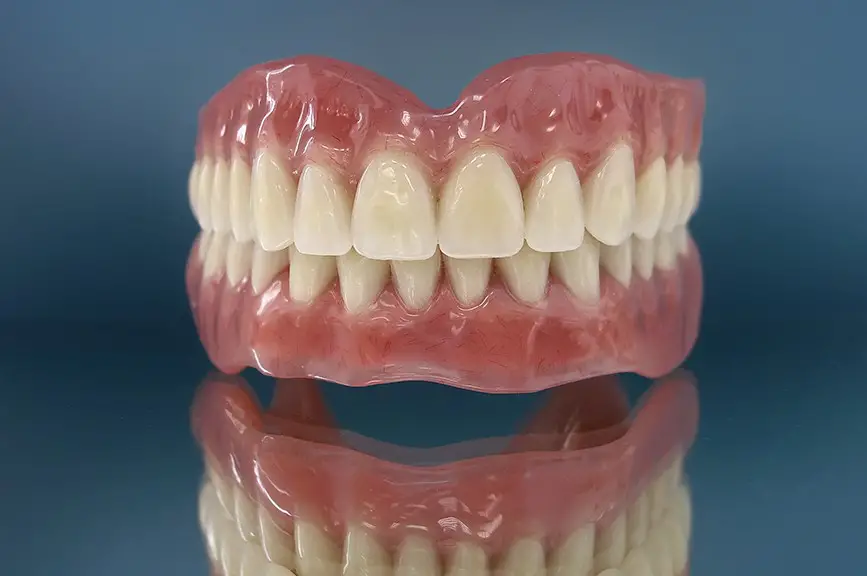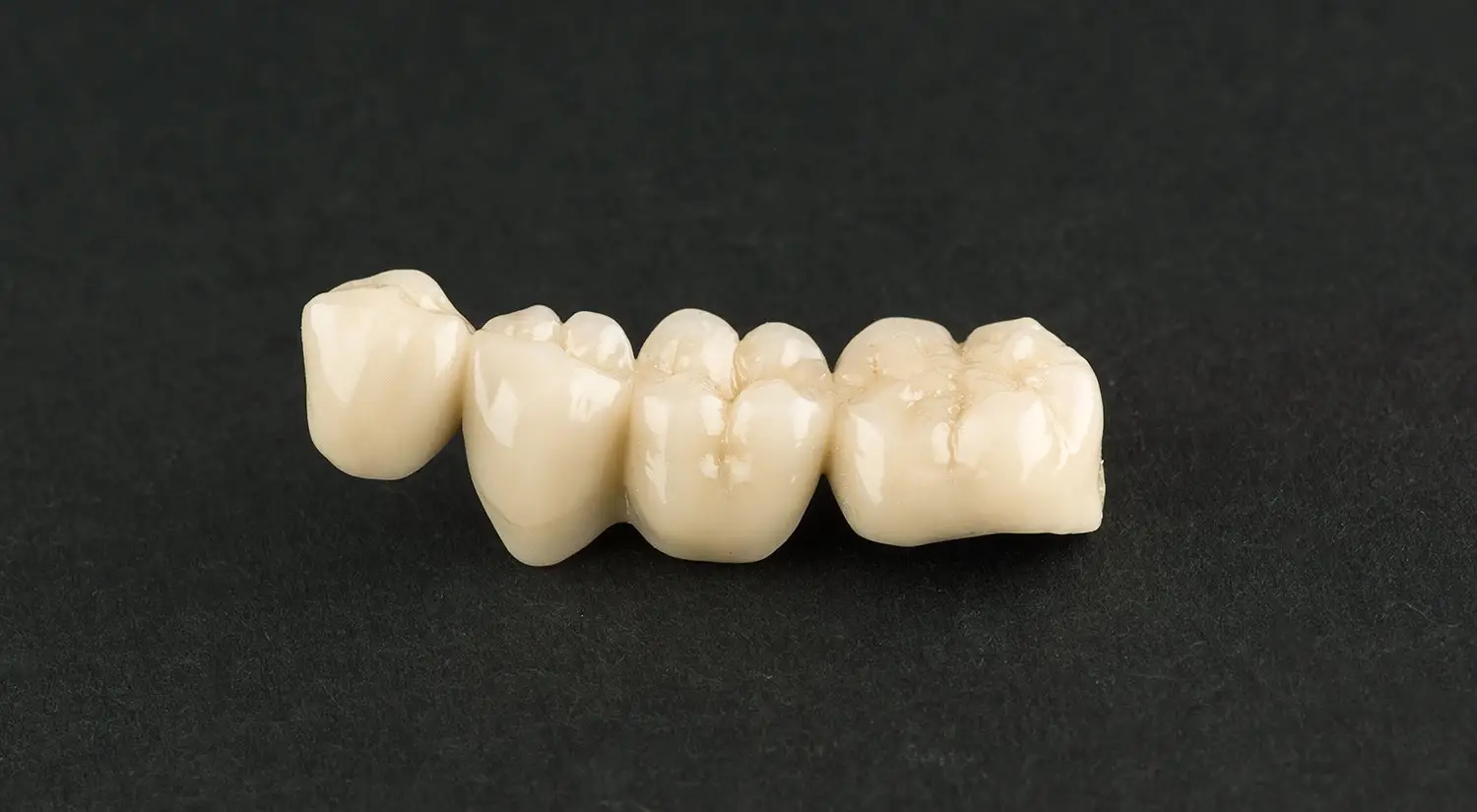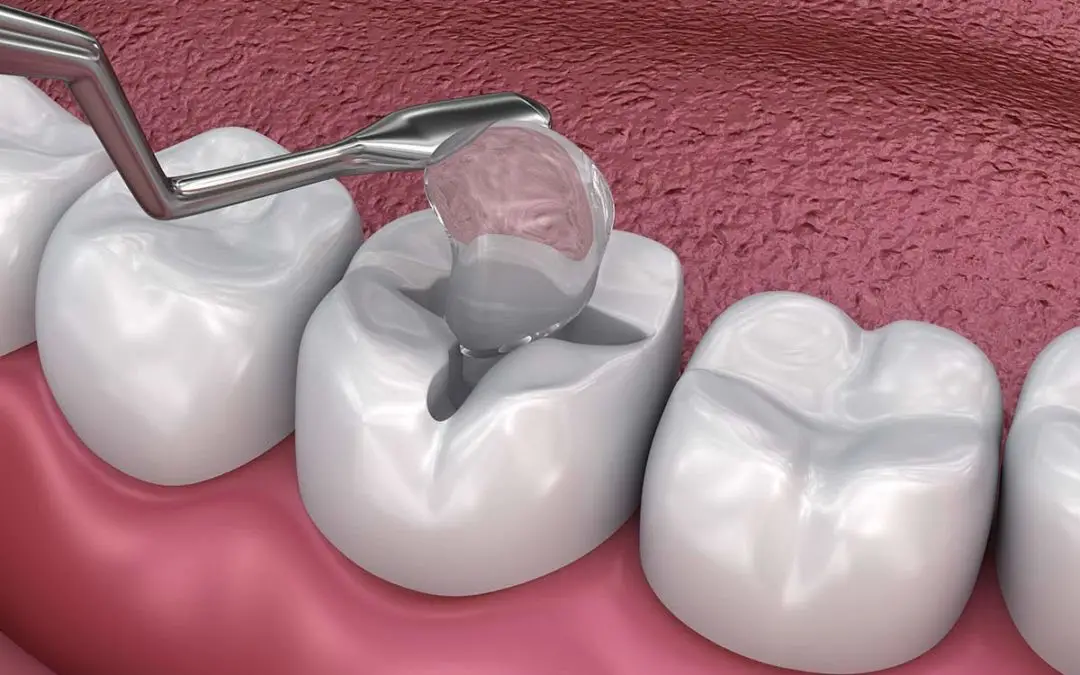Is that throbbing toothache keeping you up at night? Or maybe it's that persistent sensitivity to hot and cold foods. If you're experiencing these symptoms, there's a chance you may need a root canal. But don't panic just yet! While the words "root canal" might conjure up images of painful dental procedures, they are actually quite common and can provide much-needed relief from dental pain. In this blog post, we'll explore what exactly a root canal is, the causes of infection, and most importantly, the telltale symptoms that indicate it might be time for you to schedule an appointment with your dentist.
What is a Root Canal?
A root canal is a dental procedure that aims to save a tooth from extraction by treating an infection deep within the tooth's root. It involves removing the infected pulp, which consists of nerves and blood vessels and then thoroughly cleaning and sealing the inside of the tooth.
So how does this infection occur in the first place? Well, it can be caused by a variety of factors, such as untreated cavities, cracked or fractured teeth, repeated dental procedures on the same tooth, or even trauma to the face. When these issues are left unaddressed, bacteria can enter the inner layers of the tooth, leading to infection.
During a root canal procedure, your dentist will start by numbing the area around your affected tooth with local anesthesia to ensure you're comfortable throughout. They will then create a small access hole in your tooth and use specialized tools to carefully remove all traces of infected pulp.
Once all signs of infection have been eliminated, your dentist will clean and shape the inside of your tooth before filling it with a biocompatible material called gutta-percha. This material seals off any remaining spaces within your root system, preventing further bacterial invasion.
In some cases where there is extensive damage or weakness in the structure of your natural tooth after treatment, additional steps like placing a crown may be necessary for added protection. A crown acts as a protective cap that strengthens and restores function to your treated tooth.
Contrary to popular belief, undergoing a root canal isn't something you should fear! In fact, it offers relief from pain caused by severe infections while preserving your natural smile. If you're experiencing any symptoms that suggest you might need one - don't delay! Schedule an appointment with your dentist today so they can evaluate whether a root canal is necessary for you.
Causes of Root Canal Infection
A root canal infection occurs when the soft tissue inside the tooth, known as the pulp, becomes infected.
- While there can be several causes for this infection, one of the most common is deep decay or cavities that have been left untreated. When a cavity reaches the inner layers of the tooth, it provides an entry point for bacteria to enter and infect the pulp.
- Another cause of root canal infections is dental trauma or injury to the tooth. If a tooth gets cracked or fractured due to a sports injury or accident, it can leave an opening for bacteria to invade and cause an infection in the pulp.
- Additionally, previous dental procedures, such as multiple fillings or crowns, can weaken the tooth structure over time and make it more susceptible to infections. Poor oral hygiene practices, such as inadequate brushing and flossing, can also contribute to bacterial buildup and eventually lead to a root canal infection.
- In some cases, genetics may play a role in predisposing individuals to develop root canal infections. Certain genetic conditions can affect enamel formation or immune system function, making teeth more vulnerable to decay and subsequent infections.
It's important to note that while these are some common causes of root canal infections, each case is unique. Seeking professional dental care is crucial in determining the specific cause behind your symptoms and receiving appropriate treatment.
Remember: Early detection plays a key role in preventing further complications from developing!
Common Symptoms of a Root Canal Infection
A root canal infection is no laughing matter. It can cause immense pain and discomfort, not to mention potential damage to your teeth and gums. But how do you know if you need a root canal? There are several telltale symptoms that may indicate an infection in the root canal.
- One of the most common symptoms is persistent toothache. If you experience sharp or throbbing pain that doesn't go away with over-the-counter painkillers, it could be a sign of an infected root canal.
- Additionally, sensitivity to hot or cold foods and drinks can be another indicator.
- Swelling around the affected tooth or gum area is another symptom to watch out for. This swelling occurs as your body tries to fight off the infection, causing inflammation in the surrounding tissues.
- Another red flag is discoloration of the tooth. If you notice that one of your teeth has become darker than the rest, it could be a sign that there's an issue with the root canal.
- In some cases, you may also experience bad breath or a foul taste in your mouth due to bacteria buildup from the infected root canal.
If you're experiencing any combination of these symptoms, it's crucial to consult with your dentist as soon as possible. Only they can accurately diagnose whether a root canal treatment is necessary based on their examination and X-ray results.
Remember, early detection and intervention are key when it comes to treating root canal infections!
Conclusion
If you are experiencing any of the symptoms mentioned earlier - persistent tooth pain, sensitivity to hot and cold, swelling and tenderness in the gums, darkening of the tooth, or a recurring pimple on the gum - it is crucial to consult with a dentist as soon as possible. These signs could indicate an infection that may require a root canal treatment.
Remember, early detection and prompt intervention can help save your natural tooth and prevent further complications. Your dentist will be able to evaluate your condition thoroughly and recommend the most appropriate course of action.
While root canals might have gained a reputation for being painful or unpleasant, advancements in dental technology have made this procedure much more comfortable than ever before. With proper anesthesia and sedation options available, you can rest assured that your experience will be as stress-free as possible.
Don't ignore any potential signs of a root canal infection! Take care of your oral health by scheduling regular dental check-ups and maintaining good oral hygiene practices like brushing twice daily and flossing regularly.
Remember: Pain in your teeth should never be ignored. Listen to what they're telling you – it might just save you from future dental woes!
So if you're experiencing any of these telltale symptoms discussed above, don't hesitate – make an appointment with our dentist today! They'll be able to assess your situation accurately and determine whether or not a root canal is necessary for restoring your oral health back to normal.












